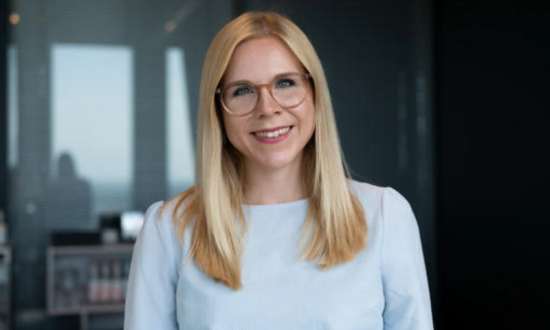Britta Daffner is an experienced leader in data-driven business transformation, currently as Head of Data Strategy & Data Culture at O2 Telefónica. With a background in establishing data and AI teams, creating strategies, and implementing complex solutions, she’s passionate about driving business value and problem-solving with data. Britta offers consultancy, mentoring and keynotes, emphasizing the human element in transformative processes. Her practical expertise and dedication to advancing data culture make her a sought-after expert.
Recently, in an exclusive interview with Digital First Magazine, Britta shared her professional trajectory, insights on diversity and inclusion in tech, the best piece of advice she has ever received, fun fact about her, future plans, pearls of wisdom, and much more. The following excerpts are taken from the interview.
Hi Britta. Tell us about your career path. What experiences have brought you here?
My career began in classical data analytics at IBM, where I was immediately struck by the transformative power of data. Even in those early days, I saw how data could solve problems previously thought insurmountable—from optimizing traffic lights to reduce urban congestion, to managing energy more efficiently in buildings, or enhancing business decision-making. As technology advanced, so did my roles, evolving alongside the leaps in artificial intelligence which provided us tools to tackle increasingly complex challenges. Over the years, I’ve learned that successful tech implementations in businesses often falter not due to the technology itself, but because of misaligned strategies, processes, or inadequate change management. This realization led me to transition from the tech industry to Telefónica in 2023, where I now oversee a holistic data-driven transformation. Here, I not only drive technological advancements forward but also ensure that our strategy, organizational model, and change management support this development.
What do you love the most about your current role?
I thoroughly enjoy the diversity and breadth of my role, which allows me to intersect with various areas of our company. For instance, a typical day might start with deep technical discussions with architects about building our global data platform. Later, I might be collaborating with our Legal and Compliance teams to ensure our new tools and processes comply with the AI Act. Then, I shift to facilitating workshops with different departments to demystify data and AI, sparking ideas for new use cases. This blend of deep technology, strategic planning, and engaging with people energizes me and makes my work incredibly rewarding.
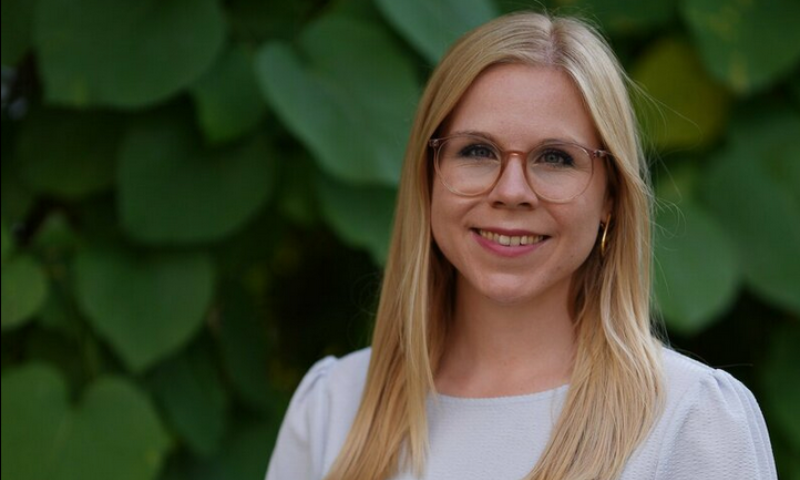
As a seasoned tech leader in data-driven transformations, what would be your top three tips for creating a successful data-driven culture?
First, Leadership Commitment—it’s essential for leaders to actively champion and engage with data initiatives, demonstrating their importance. Second, Show, Don’t Tell—since data can be an abstract concept, we need to make it tangible through practical demonstrations and real-world applications that clearly show its impact. Lastly, Cross-Functional Collaboration—by encouraging teamwork across different departments, we break down silos and foster a holistic approach to data, leveraging diverse perspectives to innovate and solve problems more effectively.
What are your thoughts on diversity and inclusion in tech? How important is it to have authentic conversations with leaders, professionals, and changemakers to create more acceptance across the globe?
Diversity and inclusion in tech are crucial not only for driving innovation but also for accurately representing the global community we serve. A diverse workforce brings unique perspectives that foster creative solutions and a deeper understanding of our user base. Consider how traditionally, cars have been designed using the ‘reference man’ model, yet women are nearly 50% more likely to be seriously injured in car accidents. Similarly, in AI development, diversity is vital for reducing biases and preventing the continuation of historical discrimination in our technologies. For instance, diverse teams crafting credit scoring algorithms can ensure these systems do not disproportionately disadvantage specific demographics, thereby enhancing financial inclusion.
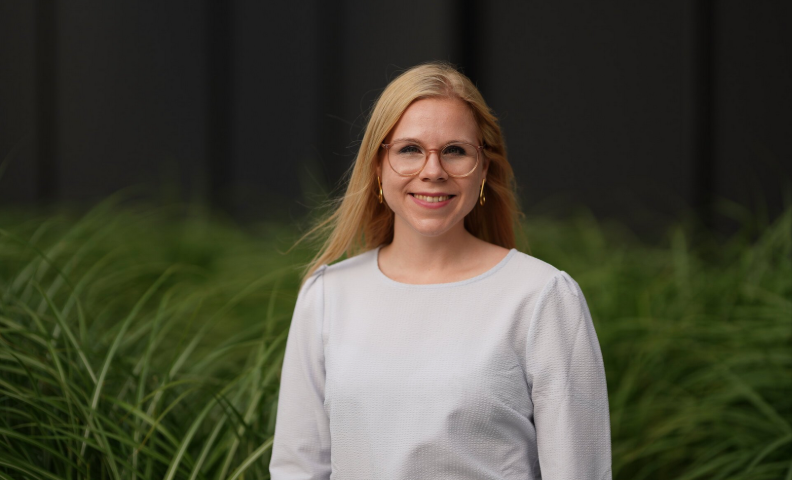
In your academic or work career, were there any mentors who have helped you grow along the way? What’s the best piece of advice you have ever received?
Throughout my career, I’ve been fortunate to have mentors who encouraged proactive growth. The best advice I ever received from them was, ‘Start before you’re ready.’ This has taught me the importance of taking initiative and embracing opportunities, even when I felt unprepared, which has been crucial in my quick professional development.
The meaning of leadership can change from one era to another, how would you define the meaning of leadership today?
Today, leadership is defined less by authority and more by influence. It’s about empowering others, fostering collaboration, and driving change by example. Modern leaders are facilitators who create environments where diverse ideas can thrive and where teams feel supported to innovate and tackle challenges. They prioritize transparency, accountability, and a commitment to continuous improvement, aiming not just to direct but to inspire and mentor those around them.
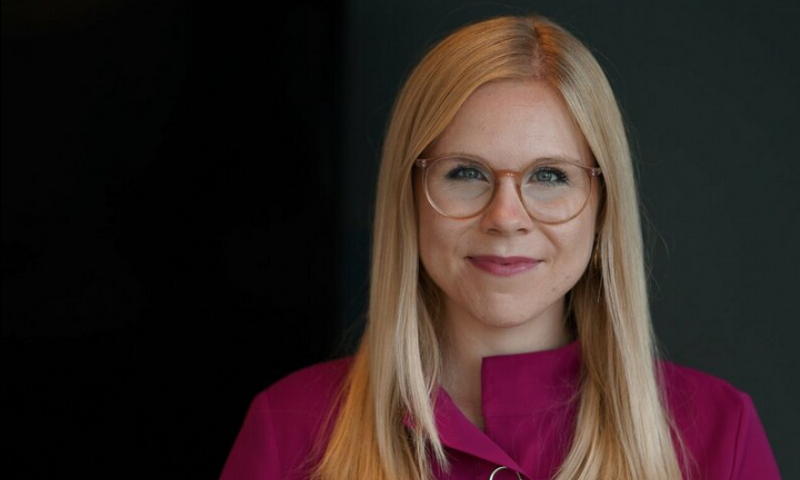
What is it that motivates and inspires you in your everyday life?
It might sound a bit cliché, but what really motivates me is the beauty of our world. Seeing its wonders, whether through travel or meeting new people, reminds me just how amazing it can be. That’s why I’m passionate about using data and AI not just responsibly, but in ways that genuinely make our world a better place.
Fun fact about you?
My fascination with Asia extends beyond its cuisine; I’m also deeply intrigued by its culture. I’ve learned the fundamentals of Japanese and Chinese, and I’m currently working towards reaching an A2 level in Indonesian.
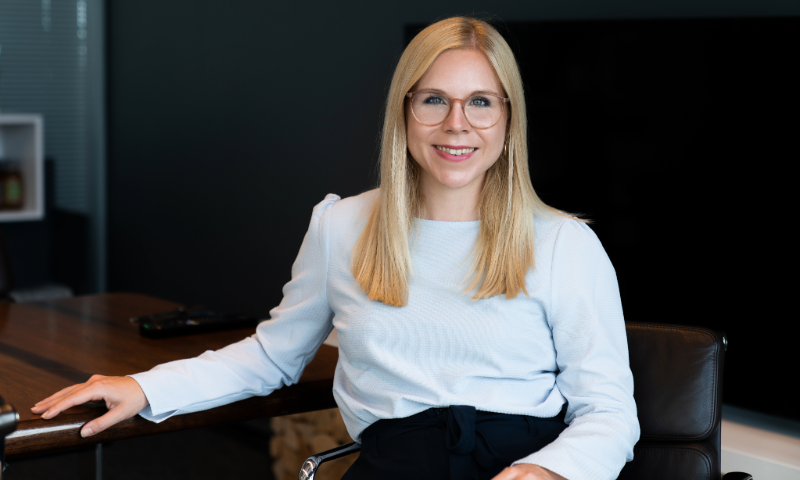
Where do you see yourself in the next 5 years?
In the next five years, I still envision myself deeply immersed in advancing organizations through their data transformation journeys to reach the next level of maturity. Achieving this will require a significant shift in mindset within companies. The topic needs to be addressed holistically, breaking down both technical and cultural silos. Recognizing that this transformation won’t happen overnight, I am committed to sharing my experiences and assisting in the development of additional data leaders who can propagate this holistic approach. Together, we can accelerate the evolution towards data-driven excellence and solve even more complex problems.
What advice would you give to women who want to enter the tech industry?
Empower yourself with knowledge, seek mentors, and don’t be afraid to take risks. Your unique perspective and skills are valuable contributions to the tech industry – embrace them confidently.






